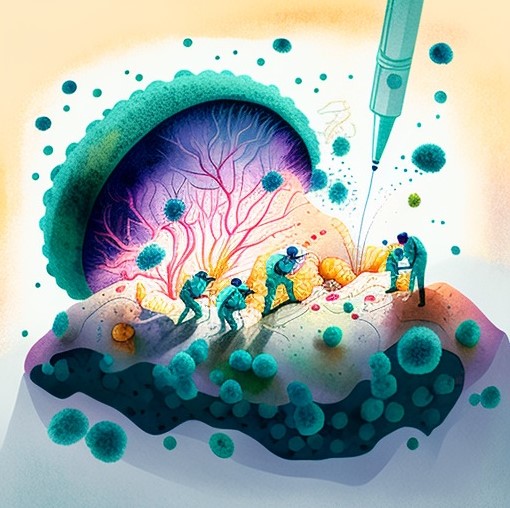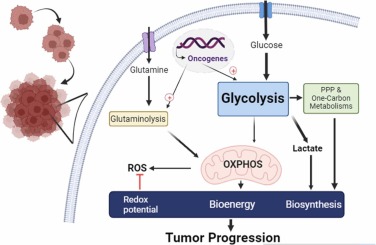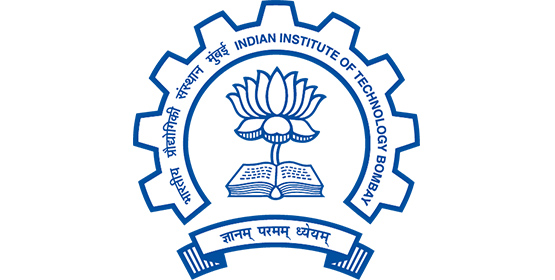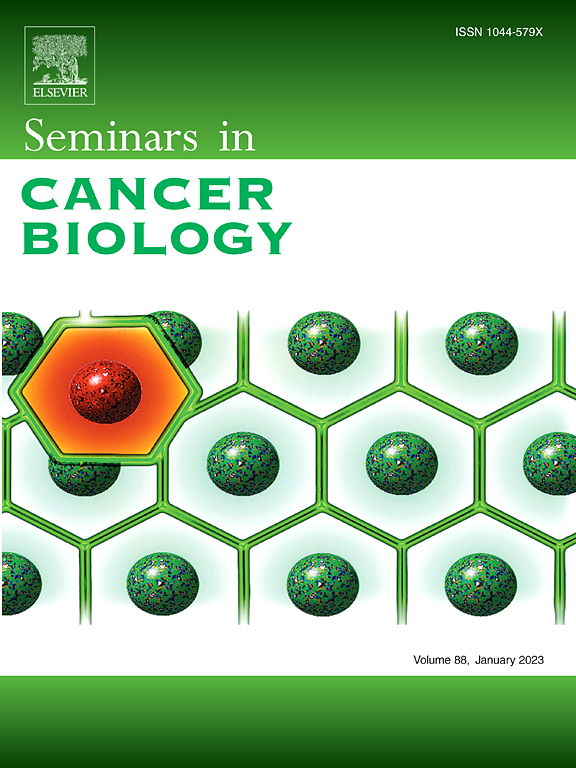Cancers are complex and deadly. We use computational and wet lab approaches to study the fundamental biology of cancer from cellular and molecular standpoints.

Lab Updates

Read our most recent article published in Seminars in Cancer Biology here
Cancer cells use glycolysis as the backbone of their metabolism to meet energy and building block demands. Aerobic glycolysis ferments glucose into lactate, supporting tumor growth and metastasis, which is accelerated by oncogenic signaling. The article focuses on tumor glycolysis and its interactions with other metabolic pathways, the role of key glycolytic enzymes in cancer, and the role of lactate in tumor growth and metastasis.

